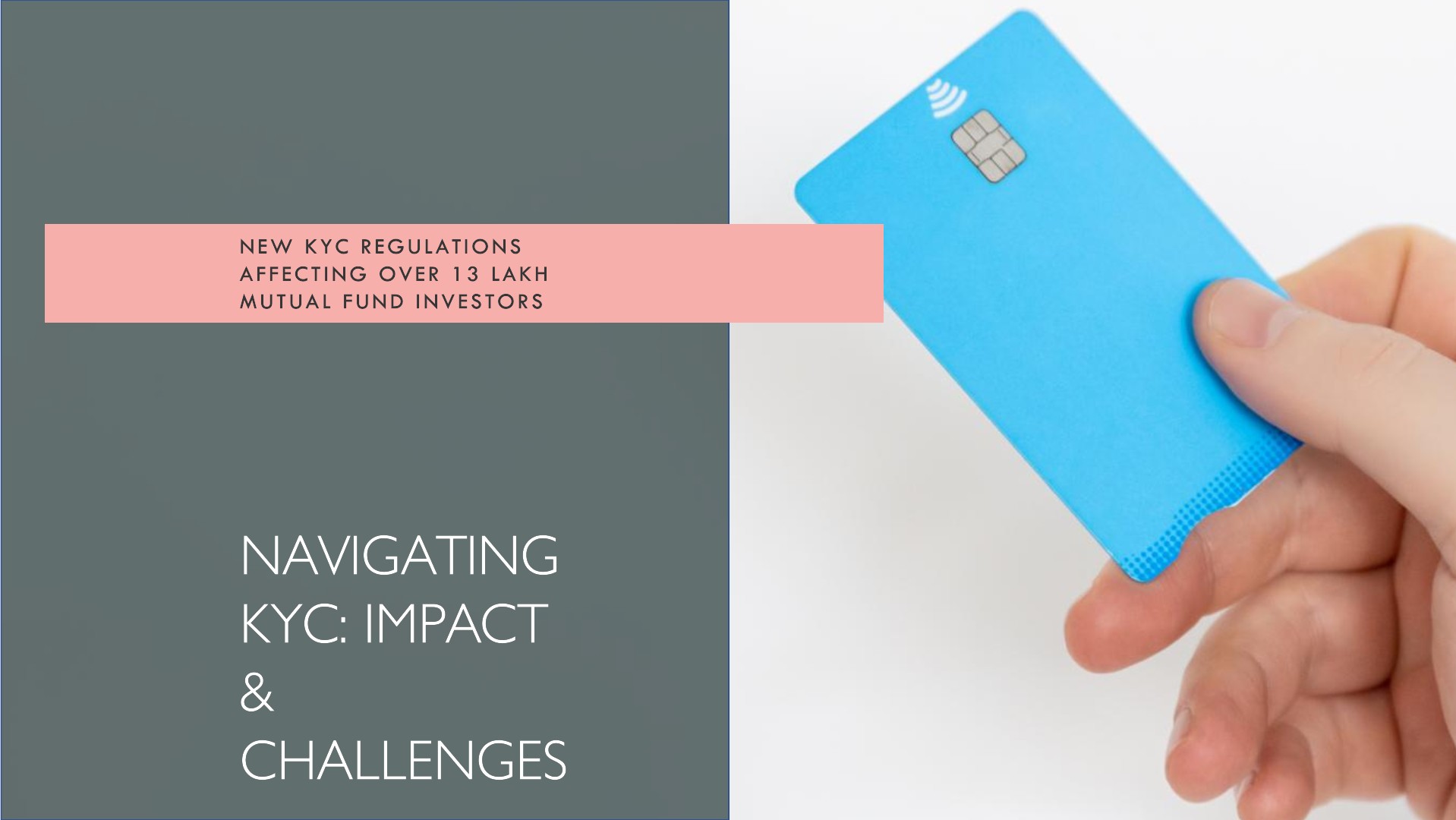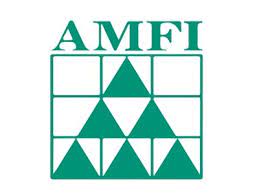KYC Hurdles Impact Over 13 Lacs Mutual Fund Investors: NRI Community Hardest Hit by New Regulations
June 6th, 2024 Latest Blogs
Mutual fund (MF) investors who set up their accounts before the now-commonplace use of Aadhaar and originally used other proofs of address like utility bills or bank statements, now face a significant update requirement. By the fiscal year 2024-25, linking Aadhaar for Know Your Customer (KYC) purposes will be mandatory to purchase new MF units, as stipulated by the Securities and Exchange Board of India (SEBI).
New KYC regulations enforced from April 1 by SEBI necessitate that investors verify their compliance status with KYC Registration Agencies (KRAs) like CAMS (Computer Age Management Services). Investors must first check their KYC status on the websites of KRAs such as CAMS, Karvy, CVL, and NDML. KYC status might be 'on hold', 'validated', or 'registered/verified'. Find the links below:
https://camskra.com/
https://www.karvykra.com/KYC_Validation/Default.aspx
https://validate.cvlindia.com/CVLKRAVerification_V1/
https://kra.ndml.in/ClientInitiatedKYC-webApp/#/ClientinitiatedKYC
If your KYC status is on hold, you are restricted from all financial transactions, including activities with existing schemes. Such investors must resubmit KYC documentation, such as Aadhaar, passport, or voter ID card, at an AMC or KRA office.
If your KYC is registered or verified with an Aadhaar card that lacks a QR code, or another form of officially valid document (OVD), you can maintain transactions in existing MF schemes but will need to re-verify your KYC to invest in new ones.
If your KYC is validated, demonstrating Aadhaar-based verification, you can continue to invest in both existing and new MF schemes without further KYC processes.
Over 13 lakh investors are currently impacted by a 'KYC on hold' status, highlighting the scale of the challenge faced under the new regulations. This situation has notably
affected the Non-Resident Indian (NRI) community, who find the investment landscape considerably tougher. NRIs and Overseas Citizens of India (OCIs), who often do not have access to an active Indian mobile number, face significant obstacles due to Aadhaar validation requirements that typically need OTP verification.+
The list of officially valid documents for KYC includes:
- - Aadhaar number
- - Passport
- - Driver’s license
- - Voter Identity Card
- - NREGA Job card signed by a state government officer
- - Letter from the National Population Register with name and address details
With these changes, investors are strongly advised to update their documentation to continue uninterrupted investment activities.


